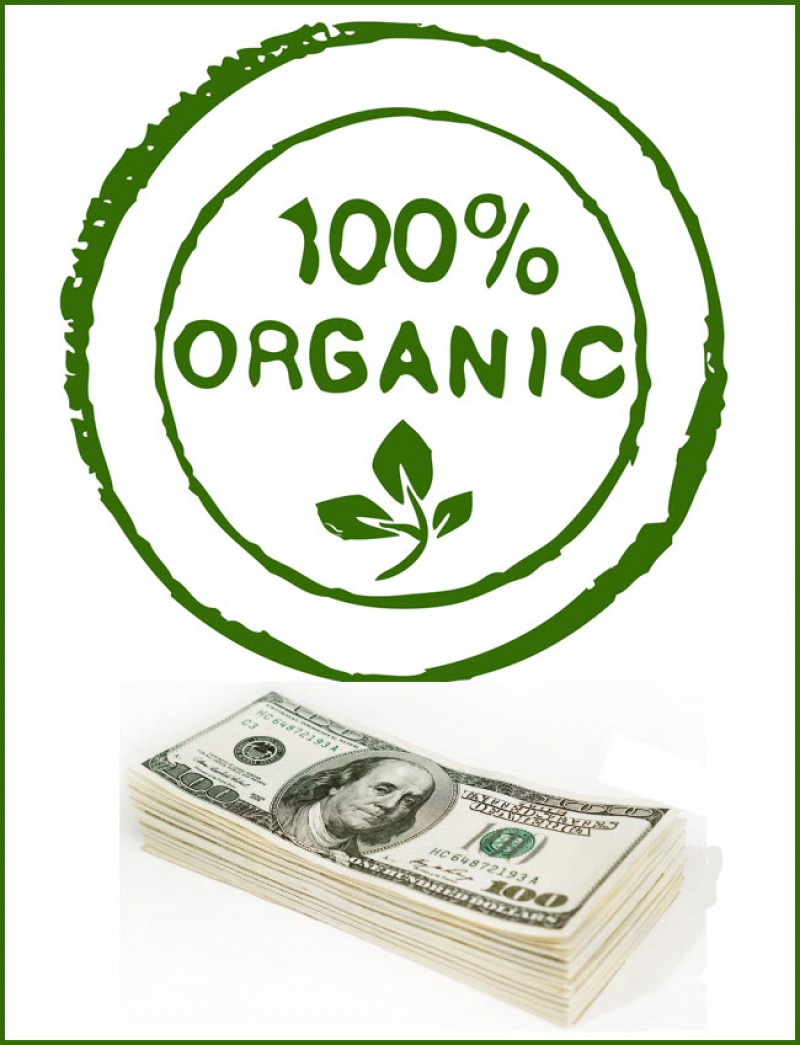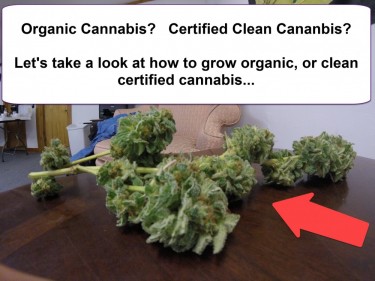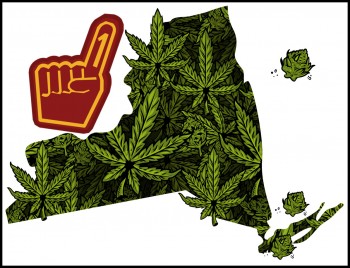Is Organic the Way Forward for the Cannabis Industry?

As cannabis gained worldwide popularity, there are more and more conversations about its future and what is most prevalent now is the "Organic" discourse. Should the cannabis industry become organic?
The cannabis sector is not the one facing the possibility of becoming organic because consumers are demanding clean and sustainable brands. Most cannabis growers and distributors are beginning to ponder this new sought-after demand wondering if it will work for the cannabis market.
The organic choice
A more significant percentage of cannabis producers think that the organic discourse comes from a selfish impulse. They believe that the consumer's desire only to use the cleanest buds is due to their demand for superior taste. However, on closer investigation, people are also seeking organic cannabis to advocate for healthier products that are safe for the planet.
But the production of organic products costs more for both the producers and suppliers; it also doesn't have real-time advantages in the marketplace. Cannabis experts worry that their users may start looking for the "Organic" label on their buds like they do with other items they buy at grocery stores.
The challenges to organic cannabis
Consumers view cannabis as being a natural product irrespective of how the plants are cultivated. However, the distinction between organic and non-organic ones is getting larger, with more people insisting on particular production processes before an item can be tagged "Organic."
The challenges to an organic cannabis market are likened to the ones faced by other industries. For example, the idea of packaging and testing the products are very costly. As the cannabis market increases with time, it becomes even harder to stand out in the growing organic market.
For any industry to be fully organic and favorably compete in the industrial farm market, it will need a stand-out material and research process. Think about huge industries like brewing companies that have already penetrated the consumer market because they are legalized.
Cannabis is just getting recognition around the world, with some states in America still struggling with legalization. The cannabis market has a select group of customers, and if organic products are going to make it into the industry, the consumers that customer base must expand.
All cannabis is NOT organic.
Dispensaries often popularize the idea that all cannabis plants are organic. May dispensaries use the term "organic" or "100% natural" when marketing their products. But they do not vet the cannabis farms from where they get their products and lack information on how the plants are grown.
So unlike the grocery store standard, there are currently no "Organic" shelves in dispensaries. Packaging with preserving the products is also a challenge because packaging and presentation are a vital part of the organic process.
If there are new cannabis enterprises considering taking the organic route, they will need to break through the challenge of expanding their customer base. They will also need to research the proper packaging for the product, which offers an exciting cannabis experience for consumers.
A divided cannabis industry: for or against organic transformation
Marijuana is currently split in two. The first group is all about operating a profit-driven enterprise, and the second group is customer-focused. Those who are profit-driven are more about supplying cannabis products to a ready market ad making an ever-increasing profit.
The customer-focused group is more interested in satisfying the customers who are beginning to be more organic-driven. These are customers that are calling for a change and want to buy "Sustainable" cannabis products. If people are choosing organic foods more, then they may also choose organic marijuana.
A divided cannabis industry hinders the organic cannabis goal because producers, experts, and suppliers need to agree to make progress with the organic plan. The cannabis industry will also need support from other third-party organizations that have made some progress with the organic process.
The Cannabis Certification Council (CCC)
Contributions from organizations like this one will be a helpful push in the direction of realizing the global organic goal. Using the term "Organic" with a label on the product is a massive step in the right direction, but first, this kind of organization will have to take the lead.
The Cannabis Certification Council is also a non-profit advocacy group fighting for sustainable entrepreneurial practices. An excellent example of the organization's commitment to the organic narrative is its #WhatsInMyWeed campaign.
The campaign aims at educating cannabis users on the value of the organic cannabis market. Since it is a non-profit, the organization is creating an industry certification for organic cannabis that will make cannabis producers label their products.
Labels will be marked with an "Organically grown" seal ad aside from federal regulation; this seems like the clearest pathway to getting consumers and industry enthusiasts to purchase organic cannabis. If such organizations can scale through these challenges and attain the organic seal, there will be hope for a future with organic cannabis.
Currently, non-inhaled cannabis products have the most miniature organic labels, and with growing demand in this category, customers will want a clean and sustainable inhalable. Cannabis extracts and edibles will have to catch up with these products later on.
Bottom Line
The discussion on organic products being the way forward for the cannabis industry is still ongoing. So the answer to the question of if it is the way ahead remains uncertain. The world is gradually embracing all things organic, putting pressure on all industries to make it happen.
However, it will take time for the cannabis industry to catch up with this new reality. After all, it still isn't legal at the federal level in America, and there is a division between cannabis experts on the way forward. Organizations like the CCC can continue to make efforts to set the pace for a possible organic cannabis market.
With federal legalization in place and cannabis organizations working towards revolutionizing the industry, organic products are possible. For now, there is so much to be done to stabilize the market, get producers to agree on the organic plan, and set the stage for a brand new cannabis market.
ORGANIC CANNABIS GROWS, READ MORE...
WHAT IS THE IMPACT OF ORGANIC CANNABIS ON THE MARIJUANA INDUSTRY?
OR..
WHAT IS CERTIFIED CLEAN CANNABIS AND IS IT ORGANIC?






_(2).jpg?width=350)

